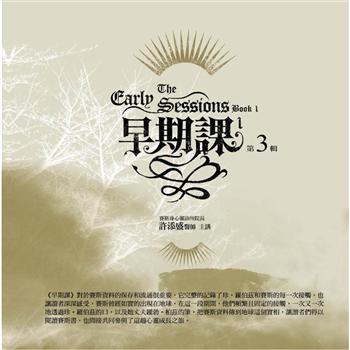"Everyone is convinced that this book lacks method, that there is neither plan nor order and that after one has read it one doesn’t know what he has read." So ran Voltaire’s take on Montesquieu’s On the spirit of laws (1748), a sentiment that resonates among readers to this day. This study seeks to recover Montesquieu’s meaning by placing his work in its historical context. Taking its cues from eclectic targets and foils, it demonstrates how he sought to couch an "unnatural" argument-that states become stronger by giving primacy to property rights, and restraining their own proclivity for expansion-in terms that might make it palatable to his target audience. This fresh approach casts the work in a light as instructive for political theorists as intellectual historians. Montesquieu’s theory emerges as a bridge between two aspects of the modern theory of the state-the 17th century emphasis on its military function, and the later focus on the economy-in short, between Hobbes and Adam Smith.
| FindBook |
有 1 項符合
Anarchy with a tendency to order: Montesquieu and the foundations of modern liberty的圖書 |
 |
Anarchy with a tendency to order: Montesquieu and the foundations of modern liberty 作者:Butler 出版社:Lulu.com 出版日期:2012-05-13 語言:英文 規格:平裝 / 308頁 / 22.86 x 15.24 x 1.75 cm / 普通級/ 初版 |
| 圖書館借閱 |
| 國家圖書館 | 全國圖書書目資訊網 | 國立公共資訊圖書館 | 電子書服務平台 | MetaCat 跨館整合查詢 |
| 臺北市立圖書館 | 新北市立圖書館 | 基隆市公共圖書館 | 桃園市立圖書館 | 新竹縣公共圖書館 |
| 苗栗縣立圖書館 | 臺中市立圖書館 | 彰化縣公共圖書館 | 南投縣文化局 | 雲林縣公共圖書館 |
| 嘉義縣圖書館 | 臺南市立圖書館 | 高雄市立圖書館 | 屏東縣公共圖書館 | 宜蘭縣公共圖書館 |
| 花蓮縣文化局 | 臺東縣文化處 |
|
|
圖書介紹 - 資料來源:博客來 評分:
圖書名稱:Anarchy with a tendency to order: Montesquieu and the foundations of modern liberty
|











